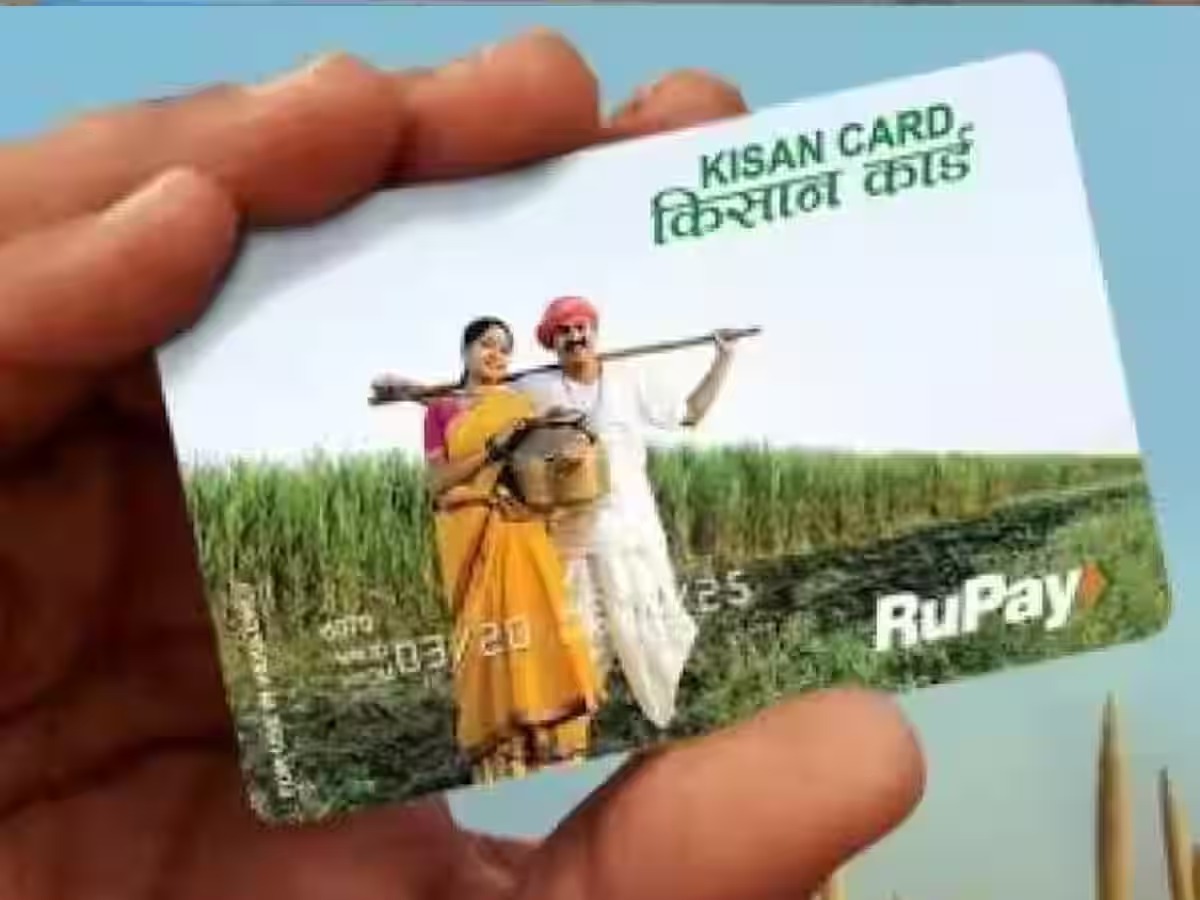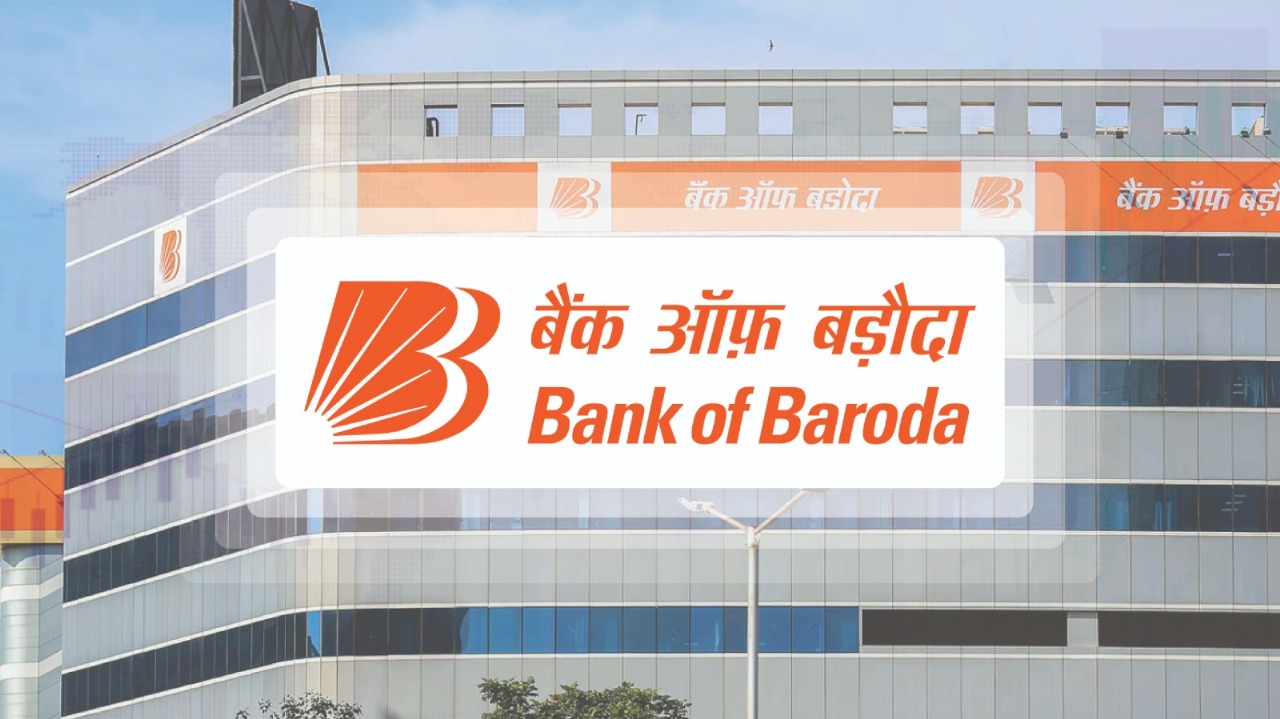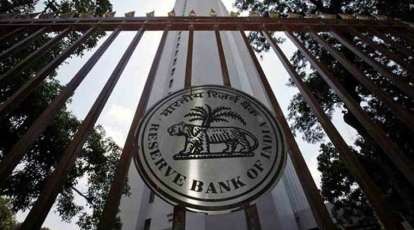India’s Kisan Credit Card (KCC) scheme, originally designed to provide lowinterest loans for agricultural expenses, is now pushing farmers into financial distress. While the initiative aimed to modernize rural credit, many farmers are using these loans for nonagricultural needs, leading to crippling debt cycles.
Key Highlights:
-
Misuse of Funds: Farmers, struggling with low agricultural income, are increasingly using KCC loans for personal expenses, including dowry payments and household needs.
-
Rising Interest Burden: When farmers fail to repay within the crop cycle, interest rates jump from 4% to 7%, making repayment even harder.
-
Collateral Risks: KCC loans are issued against land holdings, meaning defaults could lead to land seizures, further worsening rural poverty.
-
Debt Trap Stories: Many farmers, like those in Meerut, Uttar Pradesh, have borrowed heavily, only to find themselves unable to invest in crops, leading to longterm financial instability.
-
Policy Concerns: Experts warn that without stricter loan monitoring, the KCC scheme could exacerbate rural debt, rather than alleviate it.
While the KCC scheme was meant to empower farmers, its unintended consequences highlight the urgent need for financial literacy and better loan oversight in India’s rural economy.
Sources: MSN, Yahoo News, The Hindu BusinessLine.




